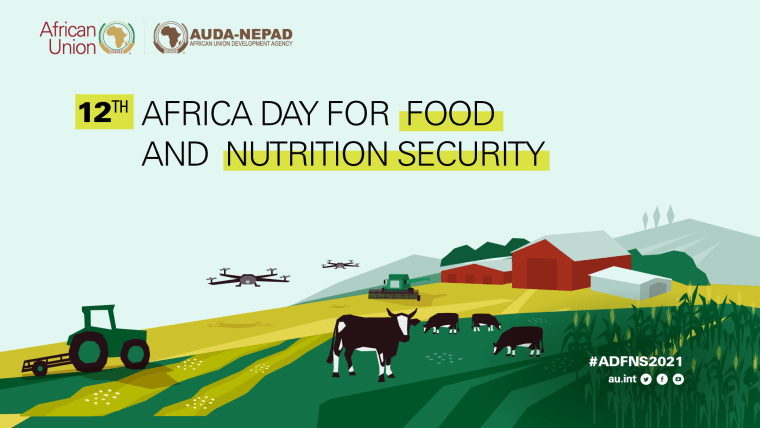Topic Resources
October 28, 2011
Fruit and Vegetables for Health Report of a Joint FAO/Who Workshop, 1–3 September 2004, Kobe, Japan
October 28, 2011
Five keys to growing safer fruits and vegetables: promoting health by decreasing microbial contamination
October 28, 2011
Assessment of Existing Food Security And Vulnerability Mapping Systems and the Adverse Effects of Rising Food Prices on Children and Women in Mena Region
October 28, 2011
The global economic crisis and impacts on children and caregivers: emerging evidence and possible policy responses in the Middle East and North Africa
February 10, 2022
Agenda 2063 is Africa’s development blueprint to achieve inclusive and sustainable socio-economic development over a 50-year period.
August 25, 2025
EXECUTIVE SUMMARY OF THE AFRICA REGIONAL INTEGRATION REPORT (ARI)
August 25, 2025
August 19, 2025
EXECUTIVE SUMMARY
August 27, 2025
August 27, 2025
August 22, 2025



